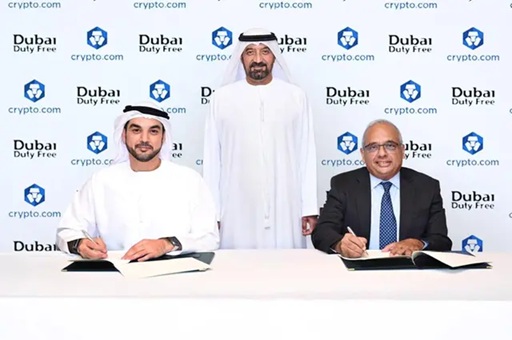
UAE based Byzanlink, a tokenization platform bridging traditional and decentralized finance, has partnered with the Hedera Foundation where in the first phase the company will integrate and deploy on Hedera Network, the enterprise-grade public network renowned for its high-performance and energy-efficient distributed ledger technology.
As per the press release, the collaboration marks a strategic step toward building a compliant, programmable infrastructure for tokenized financial assets. Byzanlink will leverage Hedera’s scalable and secure architecture to accelerate the development of tokenized real-world assets and expand institutional access to compliant, yield-generating financial instruments. The integration enables real-time settlement, increased transparency, and automated asset lifecycle management across a wide range of asset classes.
Byzanlink is developing an integrated platform that enables institutions, treasuries, and fintechs to interact with tokenized financial assets through a seamless and compliant framework. Through this integration, Byzanlink will leverage Hedera’s Network to ensure scalable deployment and real-time settlement for tokenized asset classes.
“We’re excited to collaborate with the Hedera Foundation as we bring real-world financial assets onchain,” said Anbu Kannappan, Founder and CEO of Byzanlink. “Hedera’s enterprise-grade capabilities align well with our vision of building secure, programmable, and transparent financial infrastructure for the future of global capital markets.”
Byzanlink is targeting the tokenization of over $100 million in real-world assets over the coming years, focused on enabling institutional access to secure, yield-generating financial instruments.
“Byzanlink’s infrastructure is aligned with our vision for enabling the next generation of institutional finance on Hedera,” said Vignesh Raja, Director of Business for Middle East & South Asia at Hedera Foundation. “We believe their model offers a compelling framework for tokenizing real-world assets at scale, and we’re proud to support their growth.”
Saudi Arabian NTDP recently invested in Byzanlink
Saudi Arabian NTDP ( National Technology Development Program), an entity aimed to transform Saudi Arabia into a tech leader by fostering sustainable development and innovation invested along with Outlier Ventures, Smart IT Frame, Sensei Capital as well as angel investors Murali Kulala (CEO, Smart IT Frame), Salman Butt (Co-founder, Salla), and Christopher, a seasoned fintech investor, along with several other prominent angel backers, a sum of $1 million in UAE based Byzanlink, a Blockchain enabled real-world asset (RWA) tokenization platform bridging traditional finance and decentralized finance (DeFi), in a private funding round.

















